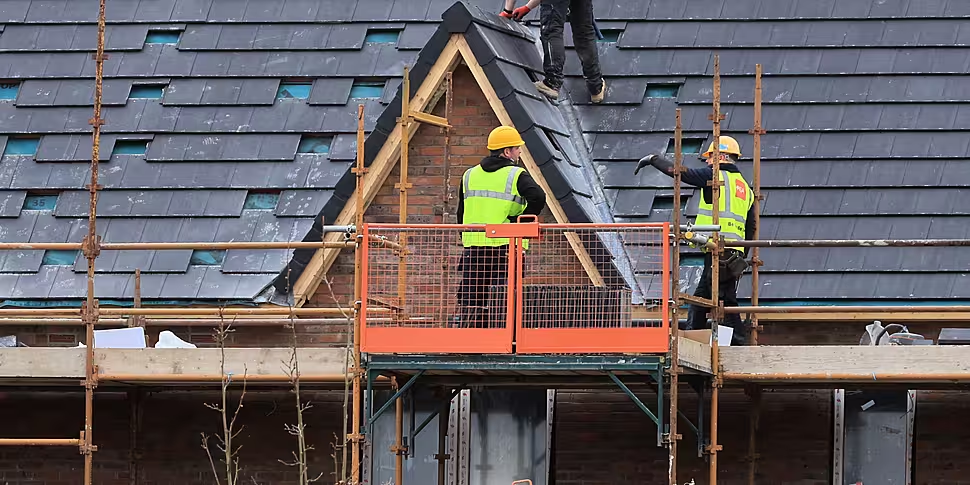Yesterday’s European interest rate hike is ‘going to be the first of many’ according to a mortgage expert.
The European Central bank yesterday increased its rates by 0.5% - the first hike it has announced in 11 years.
Around 500,000 Irish mortgage holders could be facing increased payments as a result.
The change will affect mortgage holders on tracker rates and it will be up to the banks to decide whether to apply the changes to standard variable rates.
Those on fixed-rate mortgages should not see any change in their payments for now.
So far, Permanent TSB and Bank of Ireland have said they don’t plan to pass on the rise to variable rate customers.
The ECB is hiking the rates in a bid to tackle runaway inflation, which currently sits at just over 8.5% in Europe and 9% in Ireland.
Too little, too late
Mortgage expert Karl Deeter told Newstalk the regulator should have acted far sooner.
“Yesterday’s announcement may be a little bit sooner than people thought it would occur, but it absolutely needed to happen,” he said.
“Inflation is running rife; Europe has been very late to respond to this as they are often late to respond to any kind of financial crisis, so people can expect more of the same in the coming months.”
Tracker
Mr Deeter said people who have been on trackers have seen their rates “go down and stay down” for the past 14 year.
"This will be the first time they experience an uplift and the effect will be about €25 more per €100,00 borrowed," he said.
Meanwhile, Social Justice Ireland is urging the Government to do more to protect vulnerable households – warning that one-in-20 mortgage holders were living in poverty last year.
It said that figure rises to one-in-13 when mortgage interest is factored in.
The body said the interest rate increases could have a dire impact, particularly in light of other cost of living increases.
Inflation
The ECB aims to pull inflation back to around 2% and has already signalled plans to increase rates once again in September.
Currently, markets are expecting a further 0.5%.
Experts have said they don’t expect the rates to go beyond 1% this year and 1.25% by the midpoint of next year; however, that could change quickly.
Economist Jim Power yesterday told Newstalk, rates could rise by 2% within nine months.









